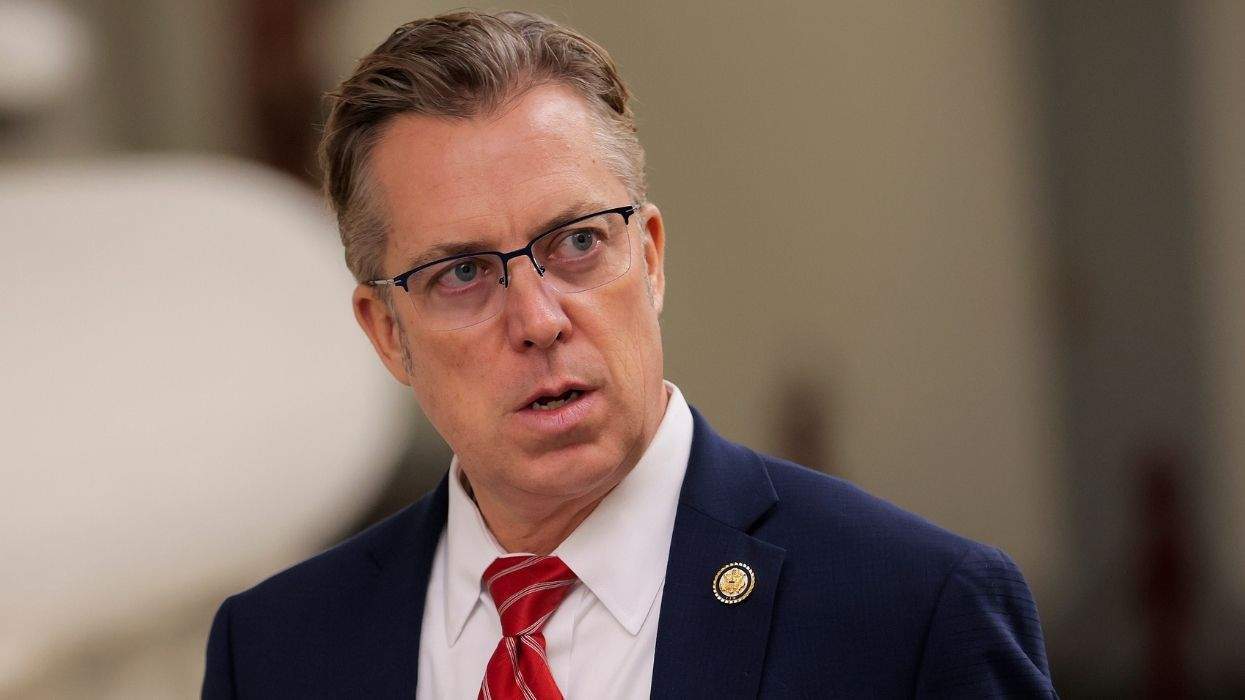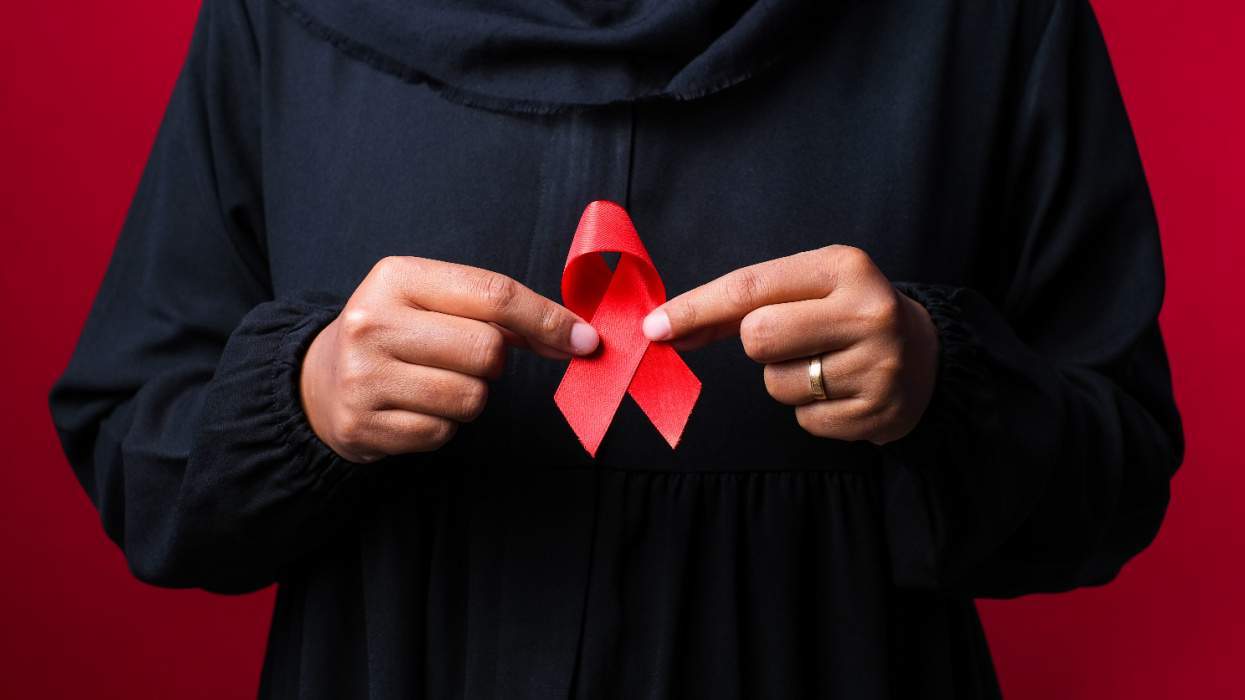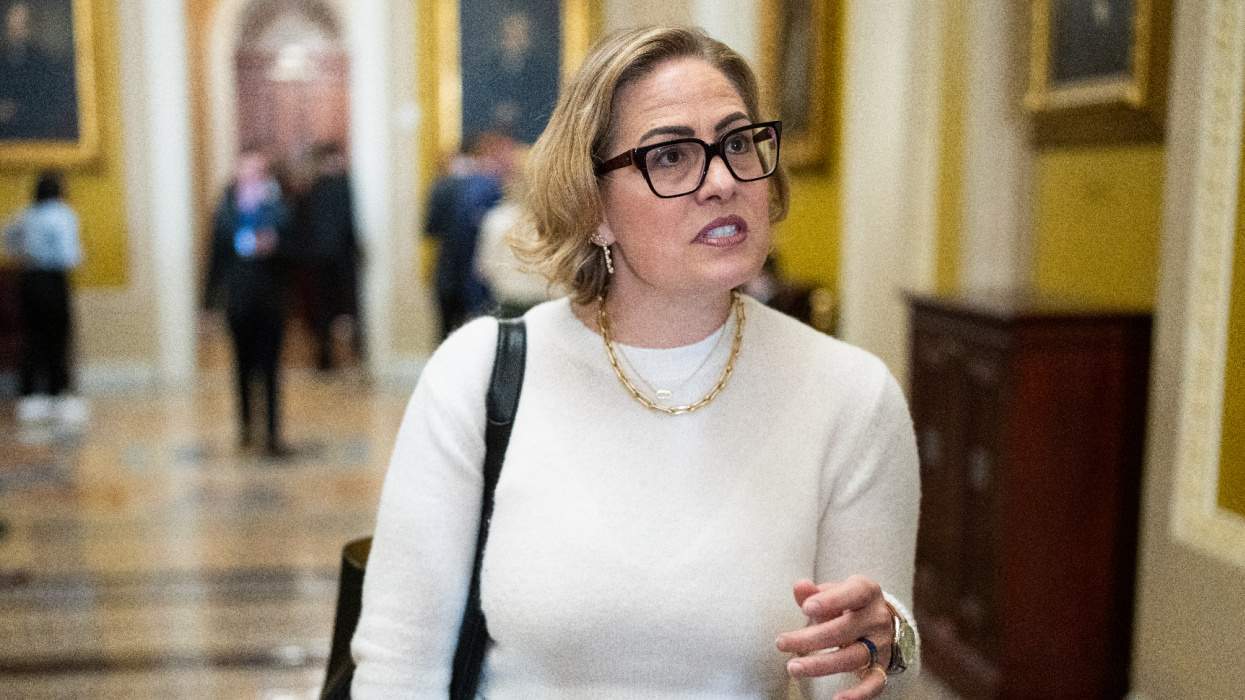Women who eschew "Mrs." and "Miss" before their names have Sheila Michaels, a civil rights worker and feminist, to thank for ushering "Ms." into prominence. Although Michaels, who died of leukemia late last month at 78, did not invent the honorific, she helped to popularize its usage as "a title for a woman who did not 'belong' to a man," she told The Guardian in 2007.
The term can be traced back to 1901, when The Sunday Republican, a newspaper in Springfield, Mass., wrote that it fell somewhere between Miss and Mrs. Later, linguist Mario Pei wrote in his 1949 publication The Story of Language that feminists had proposed the two titles be merged, according to The New York Times. Michaels encountered Ms. in the early 1960s when she saw that the Marxist publication News & Letters had addressed her roommate as such on the mailing label.
Born in St. Louis in 1939 to parents who were not married, Michaels was given the last name of her mother's husband, Bill Michaels. After being expelled from the College of William and Mary during her sophomore year, in part for writing antisegregationist opinion pieces for the college newspaper, she moved to New York City, where she worked for the Congress of Racial Equality. From there she continued to do civil rights work with the Student Nonviolent Coordinating Committee, where she became a field secretary and worked in Knoxville, Tenn., according to her obituary in the Times.
During her time working for the civil rights movement, Michaels, who was bounced around between her mother and her biological father as a child, sought a title that felt appropriate to her background and identity.
"There was no place for me," Michaels told The Guardian. "No one wanted to claim me, and I didn't want to be owned. I didn't belong to my father, and I didn't want to belong to a husband -- someone who could tell me what to do. I had not seen very many marriages I'd want to emulate."
While Michaels had long considered a title for women that was not contingent upon the men in their lives, it wasn't until she appeared on a New York radio station as part of a feminist group that she brought Ms. into the mainstream.
"In 1969 I was invited to be interviewed on WBAI, a popular liberal New York FM radio station," Michaels told the Japan Times in 2000. "Feminism was hot news, and the interviewer wanted a group of us to explain what was behind the movement." At a point in the radio interviewer, Michaels mentioned that she'd been an advocate of using Ms. to address women for about eight years.
The term finally caught on with feminists, and two years later, when searching for a title for her then-unnamed magazine, Gloria Steinem was made aware of Michaels's radio broadcast. The rest is history.















